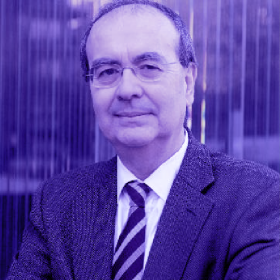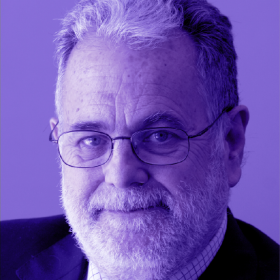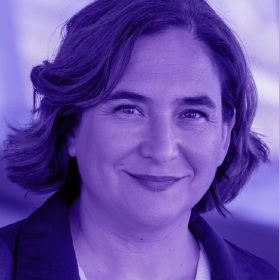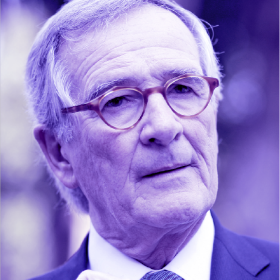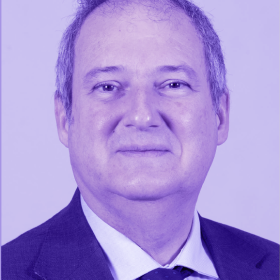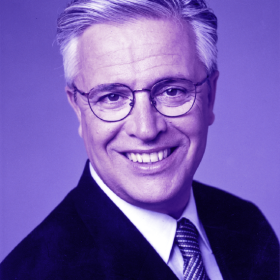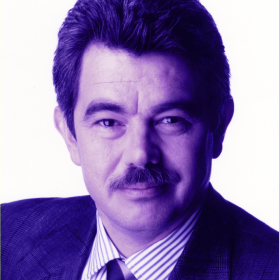History
History of the PEMB
Since the 1990s, the city of Barcelona, and subsequently its area of influence, has had five strategic plans with different objectives, scope and focuses. Currently, the 2030 Metropolitan Commitment is the sixth plan and the first to be drawn up on the scale of the entire metropolitan region. This plan prioritises reducing social and territorial inequalities, and incorporates the fight against climate emergency as a cross-cutting issue.
The Barcelona Metropolitan Strategic Plan (PEMB) was created more than 30 years ago at a decisive moment for the city. After the industrial crisis of the 1970s, Barcelona was facing a turning point: the traditional economic model, based on the manufacturing industry, had become obsolete, while social inequalities were becoming chronic. At the same time, the return of self-government to Catalonia, the expansion of the welfare state in Spain and the country’s entry into the European Union offered new opportunities for the city and its metropolitan area.
In 1987, Pasqual Maragall, the Mayor of Barcelona at the time, proposed the need for a strategic plan to guide the city’s economy and take advantage of the momentum of the 1992 Olympic Games. This pioneering
project not only focused on the economic sphere, but also included a social outlook, working together with the city’s main economic and social institutions to build a consensus and a shared vision.
Work on drawing up the Barcelona 2000 Strategic Economic and Social Plan started in 1988. The plan was approved in 1990 and took shape with the creation of the Barcelona 2000 Strategic Plan Association in 1994. Six years later, in 2000, the entity was re-founded as the Barcelona Metropolitan Strategic Plan.
Since that time, the PEMB has expanded its territorial scope at the same time as the real city of Barcelona has done so. The plan initially focused on the capital city, then spread to the metropolitan area, and today covers the entire metropolitan region. However, the organisation has maintained the same philosophy over time, seeking to encourage all stakeholders to participate, building consensus among diverse interests, prioritizing decisions and promoting shared leadership.
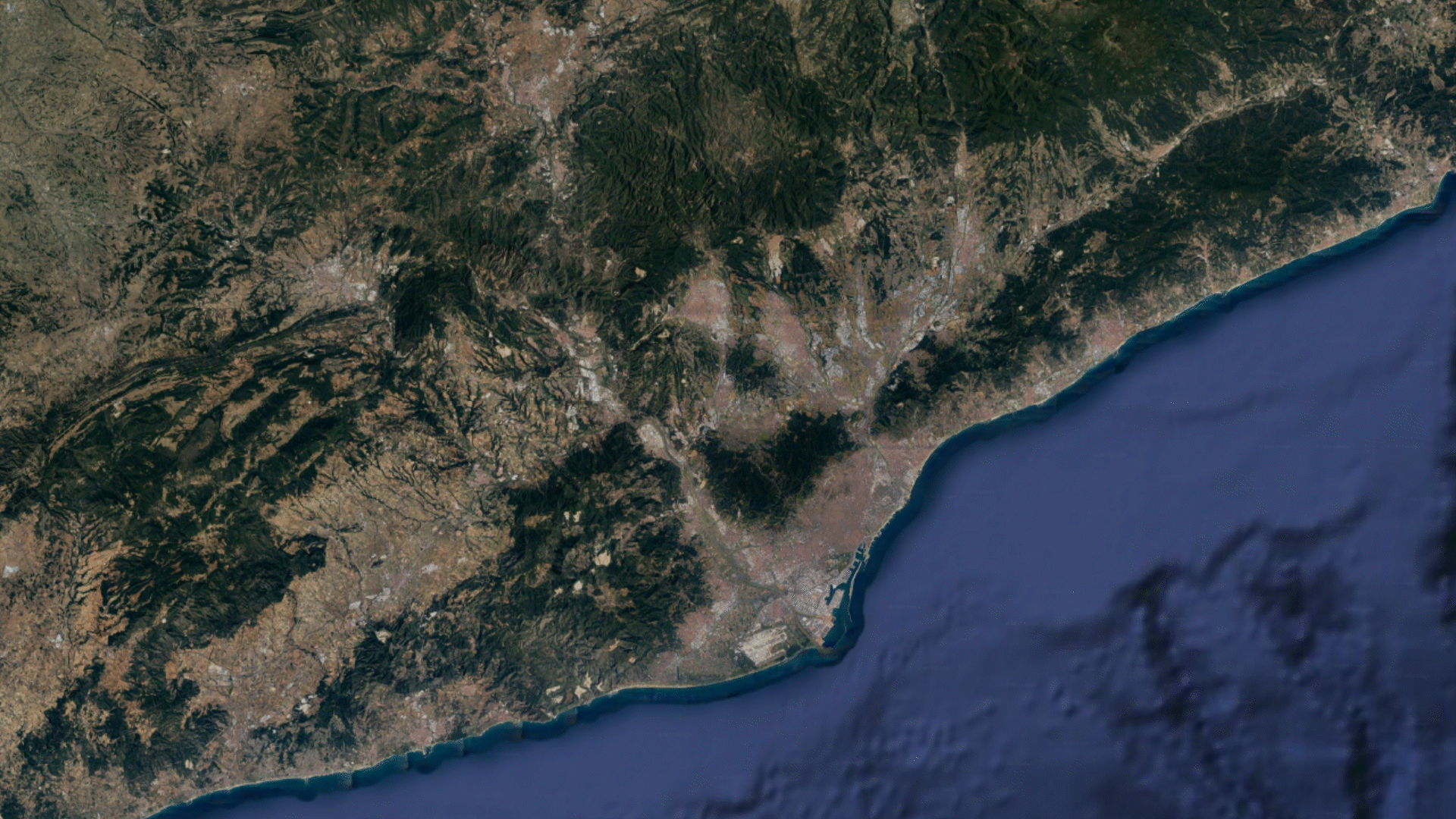
Our History
-
1988
Creation of the Barcelona Strategic Plan Coordination Office as an informal body -
1988
The first strategic plan is proposed and work begins on drafting the first strategic plan -
1990
First Economic and Social Strategic Plan for Barcelona 2000 -
1993
Formal constitution of the Barcelona Strategic Plan Association 2000 -
1994
Second Economic and Social Strategic Plan for Barcelona 2000 -
1999
Third Economic and Social Strategic Plan for Barcelona 2000 -
2000
Re-founding of the Barcelona Metropolitan Strategic Plan Association -
2003
Metropolitan Strategic Plan -
2010
The AMB takes over the presidency of the PEMB -
2010
Vision 2020 Strategic Plan -
2018
As part of the 30th anniversary, the PEMB expands its scope of action to the metropolitan region -
2023
Metropolitan Commitment 2030
-
1988
Creation of the Barcelona Strategic Plan Coordination Office as an informal body -
1988
The first strategic plan is proposed and work begins on drafting the first strategic plan -
1990
First Economic and Social Strategic Plan for Barcelona 2000 -
1993
Formal constitution of the Barcelona Strategic Plan Association 2000 -
1994
Second Economic and Social Strategic Plan for Barcelona 2000 -
1999
Third Economic and Social Strategic Plan for Barcelona 2000 -
2000
Re-founding of the Barcelona Metropolitan Strategic Plan Association -
2003
Metropolitan Strategic Plan -
2010
The AMB takes over the presidency of the PEMB -
2010
Vision 2020 Strategic Plan -
2018
As part of the 30th anniversary, the PEMB expands its scope of action to the metropolitan region -
2023
Metropolitan Commitment 2030
Testimonials
Read the testimonials of some of the key figures who have contributed to the development of the PEMB. Their perspectives offer valuable insights into the impact and importance of strategic planning. To celebrate the Association’s 30th anniversary, we compiled their impressions, experiences and vision for the future of the region.
